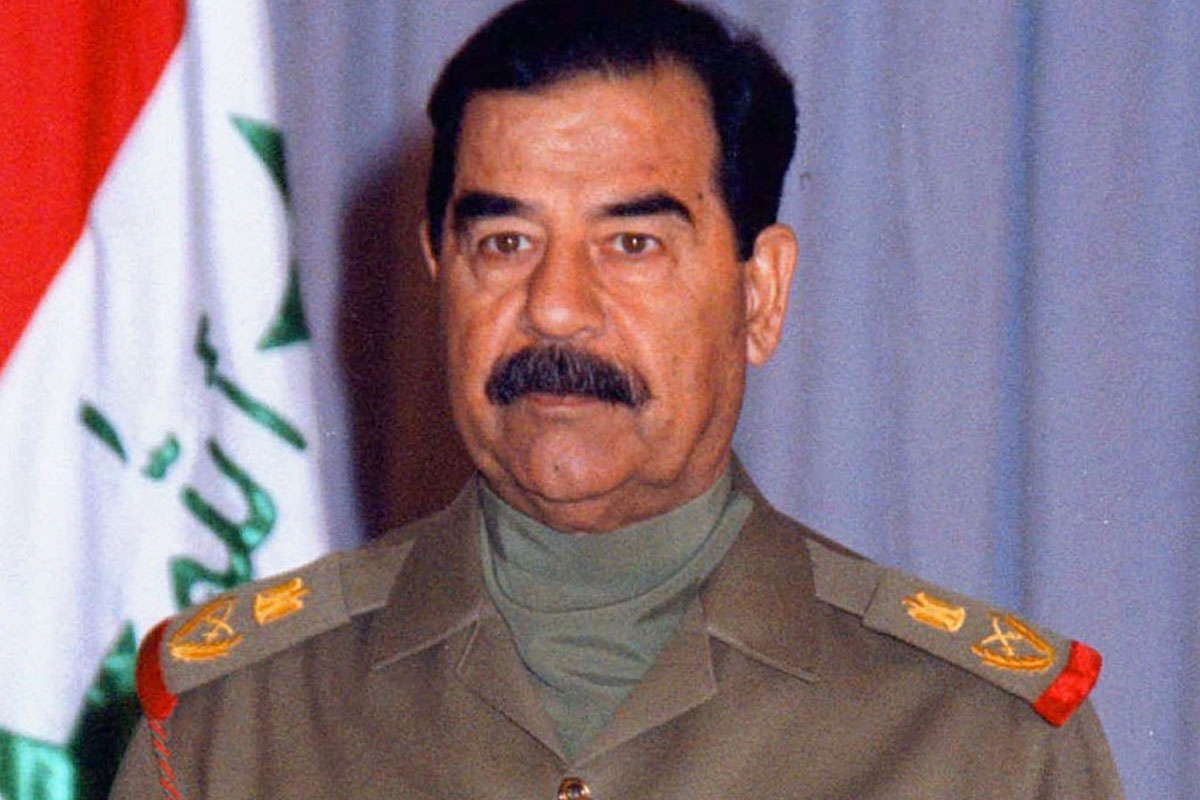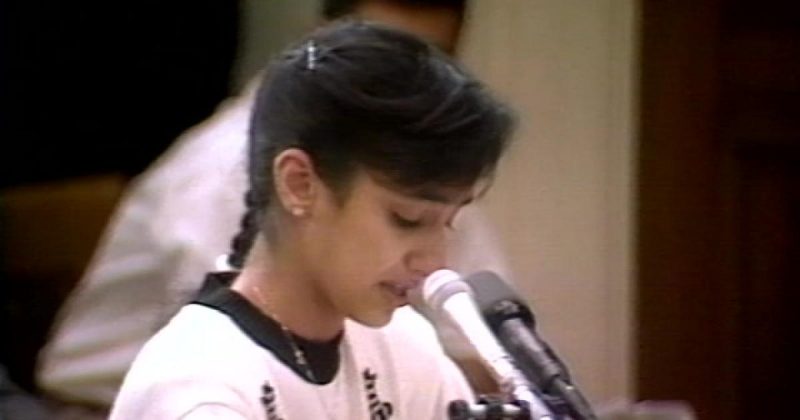
Saudi Arabia opens a border-crossing point with Iraq to facilitate Saudi exports to Iraq under the U.N. “oil for food” program. The land border had been closed between the two countries since the Iraqi invasion of Kuwait in 1990.
Since at least 1998 (when U.N. inspectors were ejected from the country), sanctions against Iraq had been crumbling, prominent countries like France and Russia increasingly contracting with Baghdad, commercial air travel restored, and illicit trade increasing.
There’s no evidence now that much weapons-of-mass-destruction materials flowed into the country between 1998 and 9/11, but the general crumbling of sanctions worried Washington that indeed Saddam would escape from “the box” he’d been put in.
Colin Powell in particular as Secretary of State in the new administration would seek to reinvigorate sanctions with his proposed “smart sanctions” regime. But the program never got off the ground before 9/11 and then certain war with Iraq loomed.
